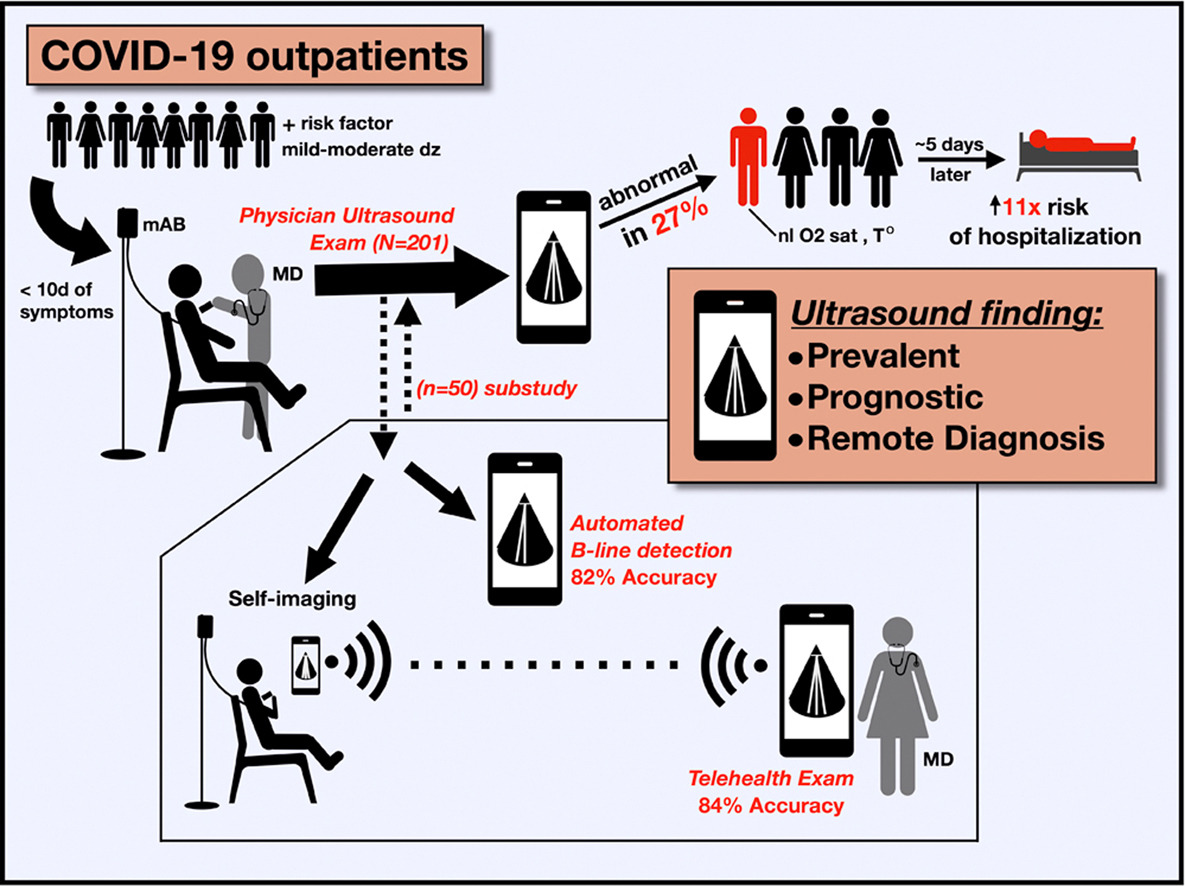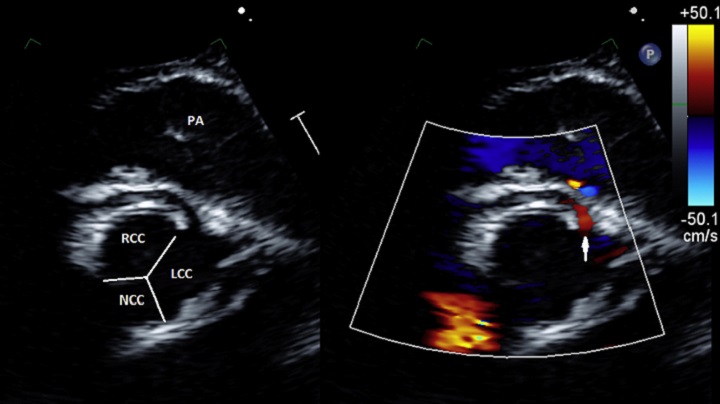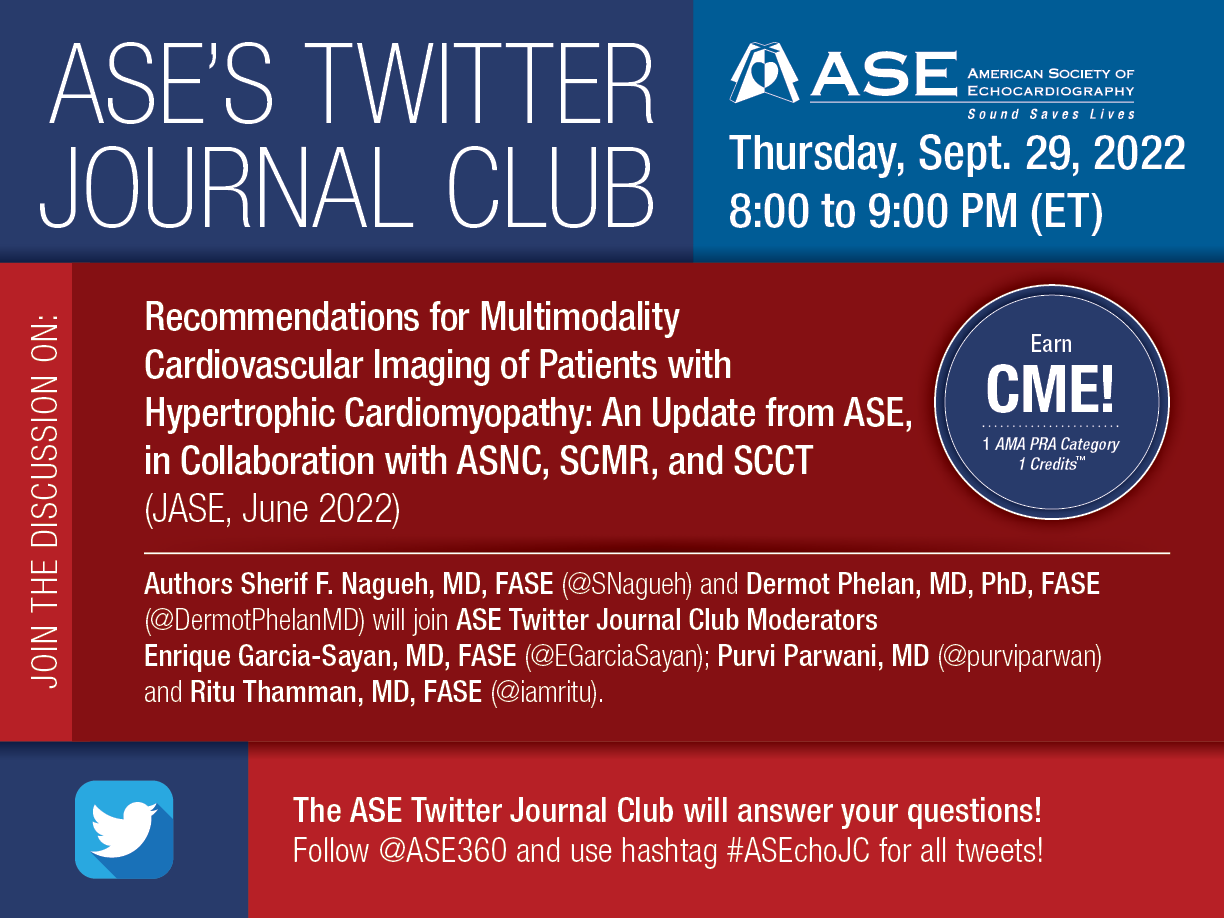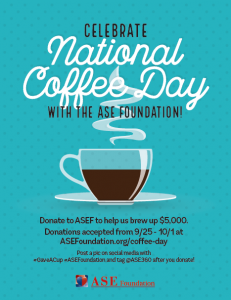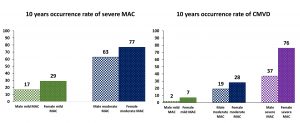Thank you to everyone who uploaded echo images and voted on Connect@ASE during the Image Calendar Competition. Please join ASE in congratulating the following members, whose images have been selected for the 2023 ASE Image Calendar: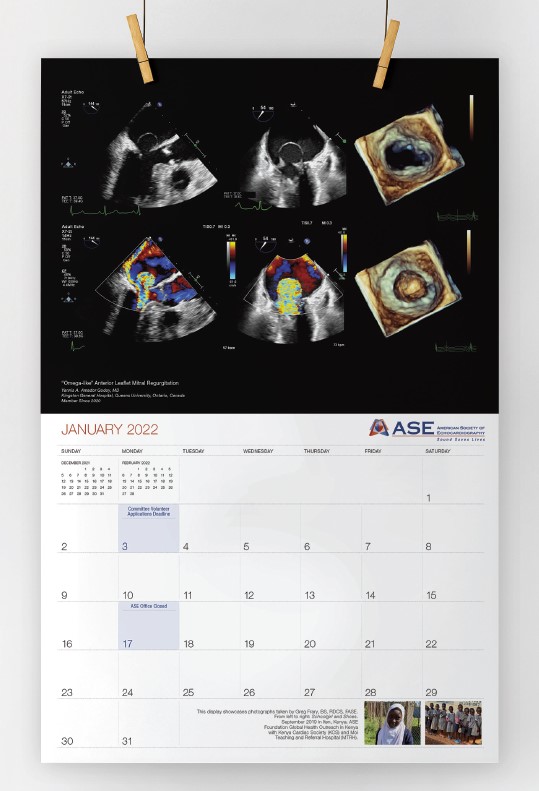
- Melynda Ancell, RDCS (AE, PE)
- Bonita Anderson, DMU, (Cardiac), MAppSc (MedU/S), ACS, FASE
- Clara Angulo, ACS, MBA, FASE
- Gerald Jason Ballo, RN, RDCS, RCS, BSE
- Luciano Belem, MD
- Kana Fujikura, MD, PhD, FASE
- John Goodman, RDCS, RVT
- Jason Pereira, MS, RCS, FASE
- Marie Sadler, RDCS
- Madeline Schiminger, MPH, RDCS (AE, PE), FASE
- Nicole Simpkins, BS, RDCS (AE, PE), RCCS, FASE
- Angelica Valentin, RCS
- Megan Yamat, ACS, FASE
- Kathryn Ziegler, BS, RDCS, FASE
To receive your copy of the 2023 Image Calendar, renew your ASE membership by December 31, 2022!


